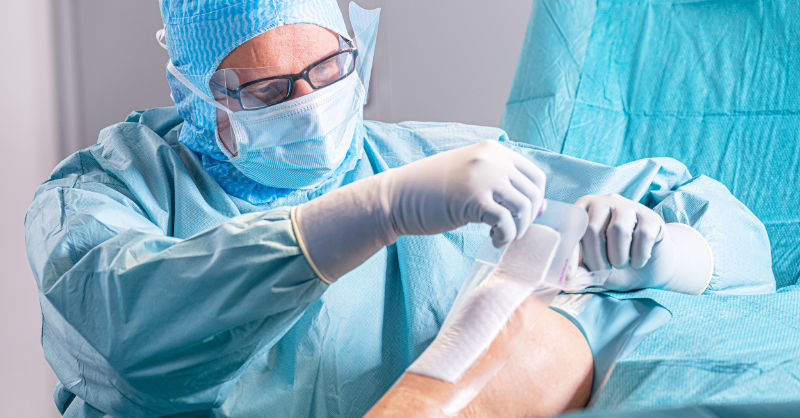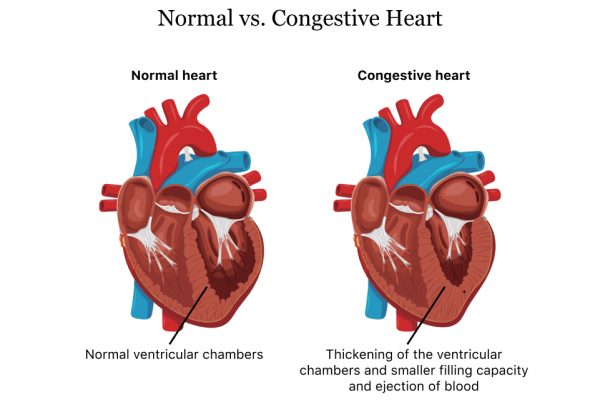In the realm of surgery, the postoperative period is crucial for patient recovery, particularly in managing and preventing surgical wound complications. This article delves into common surgical wound complications, types of these complications, general surgical wound care, and the role of surgical powder and other wound care products in facilitating effective healing.
Table of Contents
Common Surgical Wound Complications
Surgical wound complications can significantly impact a patient’s recovery time and overall health. Understanding and promptly addressing these complications is essential for successful surgical outcomes. Common complications include:
- Infection: Perhaps the most prevalent infections can occur at the wound site, leading to increased pain, swelling, and potentially systemic illness.
- Dehiscence: This occurs when a wound ruptures along a surgical incision, often due to inadequate healing or infection.
- Hemorrhage: Postoperative bleeding, or hemorrhage, can happen if blood vessels reopen, potentially leading to shock or the need for additional surgery.
- Seroma: The collection of fluids in the space where tissue has been removed can cause swelling and discomfort.
- Delayed Healing: Various factors like poor nutrition, infection, or chronic disease can impede the healing process.
Types of Wound Complications
Wound complications can be categorized based on their nature and impact on the healing process:
- Infectious Complications: These involve bacterial contamination and growth, resulting in inflammation, delayed healing, and in severe cases, systemic infection.
- Mechanical Complications: Dehiscence and herniation, where the physical integrity of the wound is compromised, fall under this category.
- Hematologic Complications: Hemorrhages and the formation of hematomas (collections of clotted blood) are hematologic issues that can arise post-surgery.
- Physiological Complications: These include issues like seroma formation and lymphedema (swelling caused by lymphatic system disruptions).
Each type of complication requires a specific approach for management and treatment.
Surgical Wound Care
Effective wound care following surgery is pivotal in preventing and managing complications. Essential aspects of surgical wound care include:
- Regular Monitoring: Regular inspection of the wound for signs of infection or dehiscence is critical.
- Maintaining Cleanliness: Keeping the wound clean and dry is essential to prevent infection. This often involves regular changing of dressings.
- Pain Management: Proper pain management is important, as it not only ensures patient comfort but also facilitates mobility, which is crucial for preventing complications like blood clots.
- Nutrition and Hydration: Adequate nutrition and hydration are vital for wound healing. A diet rich in proteins, vitamins, and minerals can significantly enhance the body’s ability to repair tissues.
- Patient Education: Educating patients on signs of complications and proper wound care at home is vital for successful recovery.
Surgical Powder and Other Wound Care Products
In addition to traditional wound care practices, various products have been developed to aid in the healing of surgical wounds:
- Surgical Powder: This product is used to facilitate clotting and provide a barrier to infection. It’s often applied directly to the wound site and is particularly useful in areas where traditional bandaging is challenging.
- Antimicrobial Dressings: These dressings are impregnated with substances that inhibit bacterial growth, thereby reducing the risk of infection.
- Absorbent Dressings: Highly absorbent dressings are used for wounds with significant exudate, helping to keep the area dry and clean.
- Negative Pressure Wound Therapy (NPWT): This therapy uses a vacuum to enhance and promote healing in acute or chronic wounds and secondarily closed surgical incisions.
- Hydrogels and Hydrocolloids: These dressings provide moisture to dry wounds, promote healing, and reduce pain at the wound site.
- Growth Factor Therapy: This involves applying substances that promote cell growth directly to the wound, encouraging faster healing.
In conclusion
understanding and effectively managing surgical wound complications are critical for patient recovery and overall health outcomes. A combination of vigilant wound care and the use of advanced wound care products like surgical powder can significantly improve the healing process. As medical technology continues to advance, new and improved methods of wound care are expected to emerge, further enhancing the efficacy of postoperative recovery.





